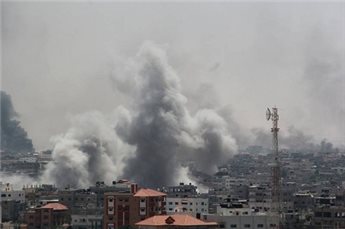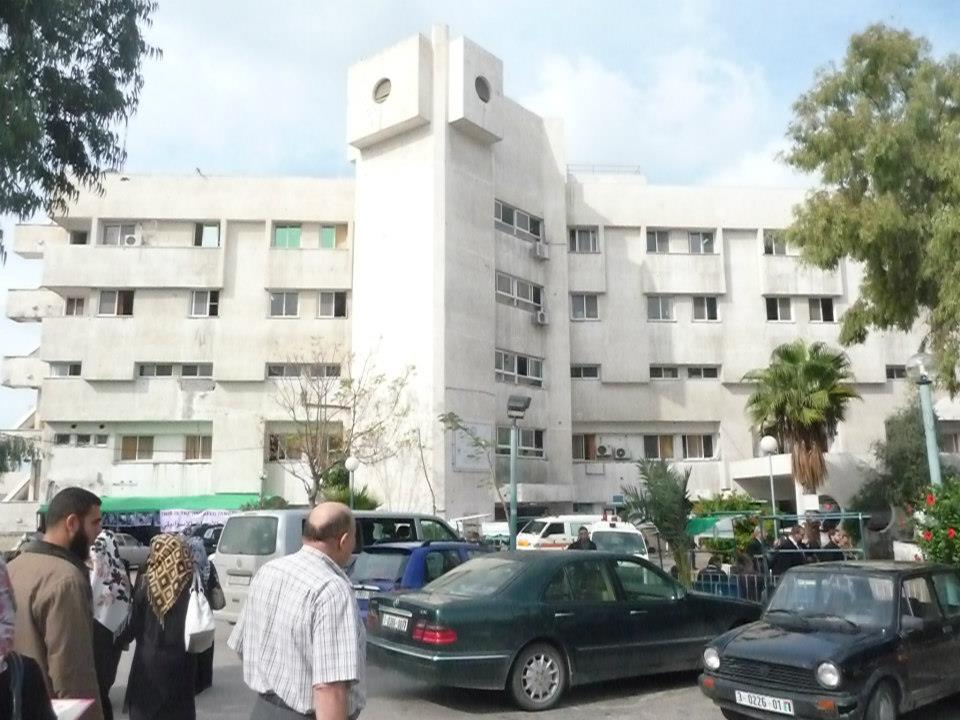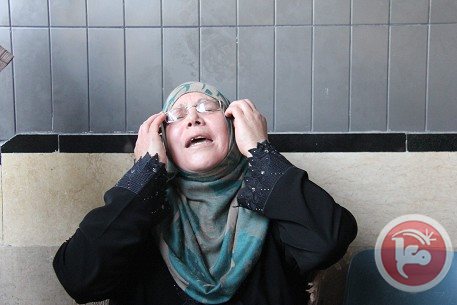Tag: Air Strike
-
Gaza Ministry of Health: “Al Najar Hospital in Rafah evacuated as Israeli genocidal rampage continues”
1st August 2014 | Gaza Ministry of Health | Gaza, Occupied Palestine The Ministry of Health Gaza announces the closure of Al Najar Hospital in Rafah, due to Israeli shelling in the vicinity compromising its ability to guarantee the safety of patients and staff. The hospital has now been evacuated, bringing to four the number of…
-
UPDATED: Israeli military announce they will bomb al-Shifa hospital in Gaza
1st August 2014 | International Solidarity Movement | Gaza, Occupied Palestine Updated August 5th: International volunteers, along with ISM activists, are continuing to stay in al-Shifa hospital four days after it was threatened to be bombed by the Israeli military. “From experience, we cannot trust the Israeli military to not attack during this ceasefire. Temporary ceasefire or not, we take the threat against…
-
Gaza Ministry of Health: “Israeli attack on crowded market during ceasefire is ‘barbarity personified’”
30th July 2014 | Gaza Ministry of Health | Gaza, Occupied Palestine Ministry of Health Gaza is outraged at the Israeli massacre perpetrated during the so-called humanitarian ceasefire, when F-16s fired missiles into the crowded Shujeiyah market as hundreds took advantage of the lull to buy food and supplies. At least 17 people have been killed…



